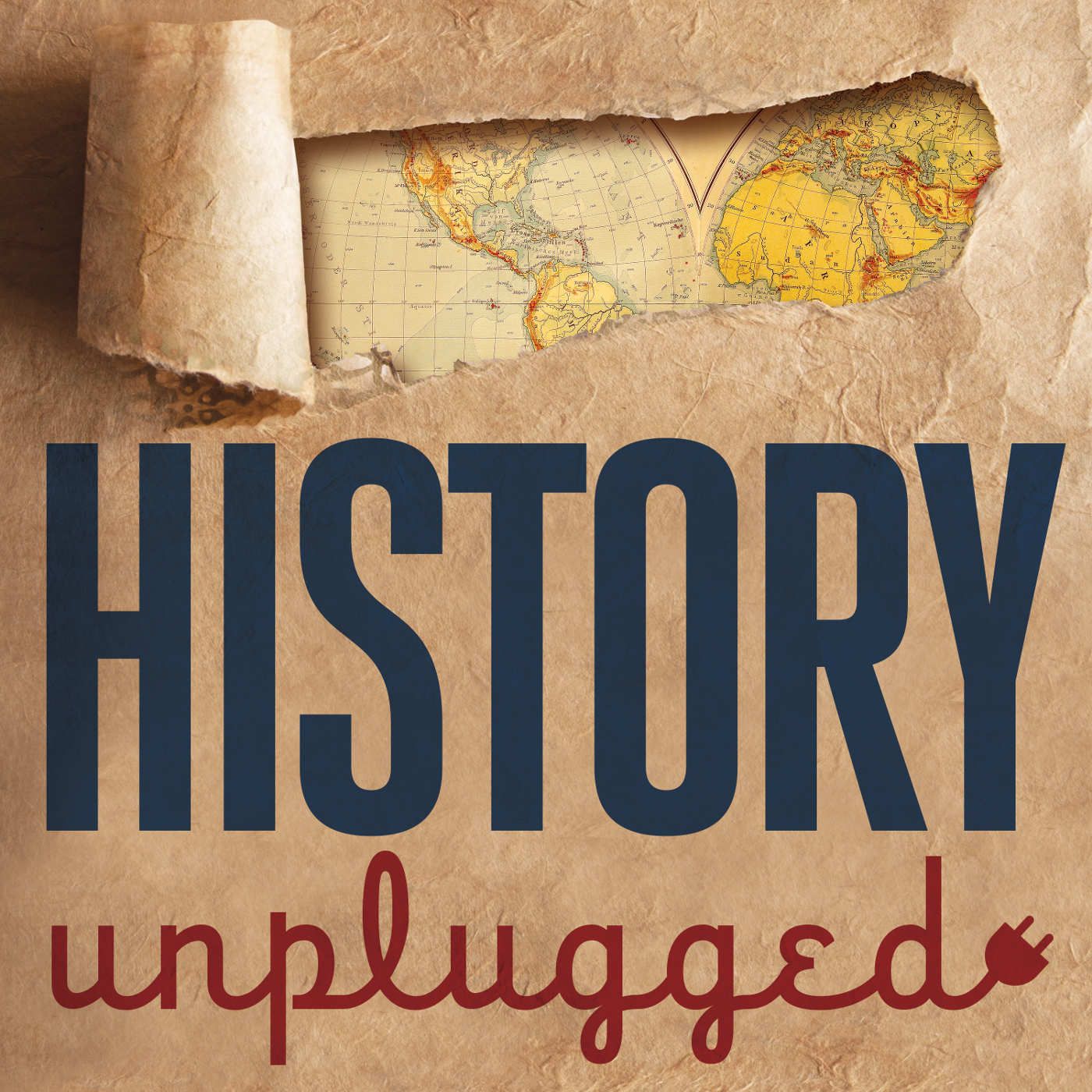- History
- SEE MORE
- classical
- general
- talk
- News
- Family
- Bürgerfunk
- pop
- Islam
- soul
- jazz
- Comedy
- humor
- wissenschaft
- opera
- baroque
- gesellschaft
- theater
- Local
- alternative
- electro
- rock
- rap
- lifestyle
- Music
- como
- RNE
- ballads
- greek
- Buddhism
- deportes
- christian
- Technology
- piano
- djs
- Dance
- dutch
- flamenco
- social
- hope
- christian rock
- academia
- afrique
- Business
- musique
- ελληνική-μουσική
- religion
- World radio
- Zarzuela
- travel
- World
- NFL
- media
- Art
- public
- Sports
- Gospel
- st.
- baptist
- Leisure
- Kids & Family
- musical
- club
- Culture
- Health & Fitness
- True Crime
- Fiction
- children
- Society & Culture
- TV & Film
- gold
- kunst
- música
- gay
- Natural
- a
- francais
- bach
- economics
- kultur
- evangelical
- tech
- Opinion
- Government
- gaming
- College
- technik
- Jesus
- Health
- movies
- radio
- services
- Church
- podcast
- Education
- international
- Transportation
- Other
- kids
- podcasts
- philadelphia
- Noticias
- love
- sport
- Salud
- film
- and
- 4chan
- Disco
- Stories
- fashion
- Arts
- interviews
- hardstyle
- entertainment
- humour
- medieval
- literature
- alma
- Cultura
- video
- TV
- Science
- en
The Ghost Army of World War 2

b'In the summer of 1944, a handpicked group of young GIs\\u2014including such future luminaries such as Bill Blass, Ellsworth Kelly, Arthur Singer, Victor Dowd, Art Kane, and Jack Masey\\u2014landed in France to conduct a secret mission. From Normandy to the Rhine, the 1,100 men of the 23rd Headquarters Special Troops, known as the Ghost Army, conjured up phony convoys, phantom divisions, and make-believe headquarters to fool the enemy about the strength and location of American units. Every move they made was top secret and their story was hushed up for decades after the war\'s end.
The unit\\u2019s official US Army history noted that \\u201cits complement was more theatri\\xaccal than military,\\u201d and \\u201cIt was like a traveling road show that went up and down the front lines impersonating the real fighting outfits.\\u201d
They pulled off twenty-one differ\\xacent deceptions and are credited with saving thousands of lives through stagecraft and sleight of hand. They threw themselves into their impersonations, sometimes setting up phony command posts and masquerading as generals. They frequently put themselves in danger, suffering casualties as a consequence. After holding Patton\\u2019s line along the Moselle, they barely escaped capture by the Germans in the Battle of the Bulge, and in March 1945 they performed their most dazzling deception, misleading the Germans about where two American divi\\xacsions would cross the Rhine River.
To explore the story of this forgotten subterfuge is today\\u2019s guest, Rick Beyer, author of \\u201cThe Ghost Army of World War II: How One Top-Secret Unit Deceived the Enemy with Inflatable Tanks, Sound Effects, and Other Audacious Fakery.\\u201d We look at how a traveling road show of artists wielding imagination, paint, and bravado saved thousands of American lives.'